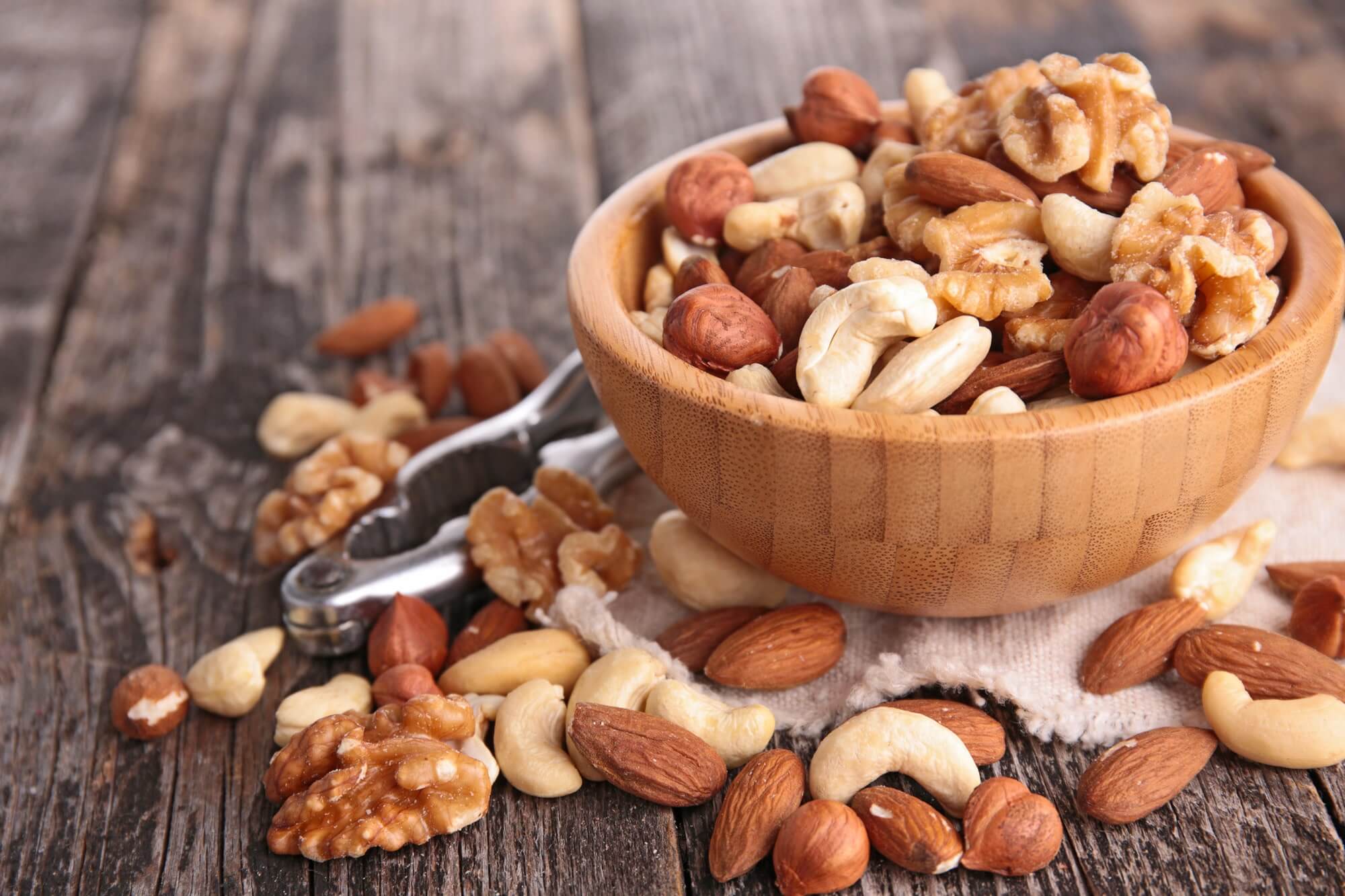Everywhere you turn these days it appears there is a new exercise trend and while I’m all for finding different ways to keep moving – there is one way to move that’s free, great for your heart, soul and always accessible – walking! No need for a membership, or special equipment – the best part is anyone can do it regardless of age or fitness level.
Increase your energy
It might seem like a paradox (and often the last thing you might feel like) but a brisk walk is one of the best ways to naturally boost your energy. It is great for circulation, increases oxygen supply to the cells of your body and helps you feel more alert. It’s a wonderful way to break up your day – try going for a walk around 3pm, which is often the time people to start to crave sugar.
Boost your mood
Studies have shown that moderate-intensity movement (such as brisk walking) can be as effective as medication for those experiencing low mood states. It’s also a wonderful way to catch up with friends and reduce your stress levels by having a chat and a laugh.
Get some vitamin D
If you’re walking outside in sun, you’ll be boosting your body’s stores of vitamin D – it’s one of the most effective ways of producing vitamin D intrinsically. Too many New Zealanders are deficient in vitamin D, which plays a big role in everything from bone health to immunity.
It’s good for your bones and joints
Walking is a weight-bearing way to move which is important for strengthening bones. It is particularly important for increasing their density – which is critical to the prevention of osteoporosis, particularly for women. It also a great way to support healthy joint function and may have a protective effect in some inflammatory joint conditions. About 50 percent of adult bone mass is laid done during the teenage years. This makes weight bearing exercise and optimal vitamin D levels critical through these years. It is also vital for people of all ages to minimise their consumption of substances, such as caffeine, that drag minerals such as a calcium and magnesium out of bones, decreasing their density.
It’s a great way to connect with nature
Numerous research papers have demonstrated that walking reduces stress hormone production, improves mood, enhances psychological wellbeing and improves attention and concentration. A great way to incorporate walking into your routine is to leave the car at home and walk to the shops, or to work if possible. Or park a distance from your destination and make the most of the walk!
It even helps you sleep
Studies suggest that as little as 30 minutes of brisk walking over five days could help improve your sleep. Movement like walking boosts the effect of natural sleep hormones such as melatonin. However, walking too close to bedtime can be stimulating so aim for the morning or afternoon.



